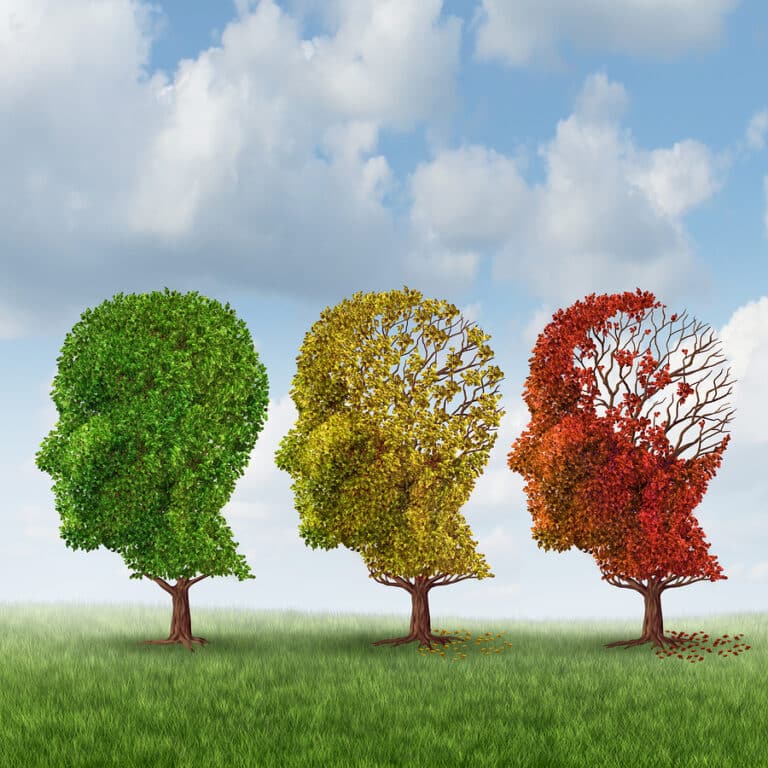Signs and symptoms of Alzheimer’s are going to progress. While there is no cure for Alzheimer’s yet, doctors and researchers have been finding ways to better treat this disease, which can delay the onset of more serious aspects of memory loss and improve quality of life for months and possibly even years for some patients. The best care a person with Alzheimer’s can receive comes through experience.

That means it’s time to begin thinking about home care support services.
An experienced and qualified home care aide will often work with elderly clients diagnosed with Alzheimer’s as well as their families to produce a conducive environment for not just the short-term, but the long-term aspect of the disease. Far too often adult children, spouses, and other family members who take on this all-important role of being a caregiver for somebody diagnosed with dementia have no prior experience.
They don’t know what to expect, have limited information and understanding about the signs and symptoms of Alzheimer’s disease and how they will progress, and are often woefully unprepared for the challenges that arise in a relatively short amount of time.
What are some of the symptoms that will progress?
Memory loss will continue to exacerbate their condition. It will become more and more difficult for a senior diagnosed with this type of disease to keep track of conversations, appointments, and even be able to identify people around them.
This level of memory loss will lead to confusion and confusion often leads to anxiety. When a person dealing with any form of dementia suddenly finds himself confused and frustrated, it can lead to verbal and physical outbursts.
Far too often, family and friends of a senior diagnosed with Alzheimer’s become surprised at the language, nasty comments, and even physical aggression exhibited by that individual that seems to be completely out of character. They start to wonder if some of these things he or she is saying have been emotions stored up most of their life.
The disease affects the brain and that means it can create behaviors that are completely atypical for that individual. There is no logic or rhyme or reason to some of the verbal and physical actions a person with Alzheimer’s may take in the future. November is National Alzheimer’s Disease Month and for anyone who has a parent, grandparent, spouse, or other family member or friend diagnosed with this disease, it’s important to consider the long-term ramifications of being a primary caregiver when other options are available.
If you or an aging loved one are considering hiring elderly care in Columbia, SC, contact Heart of the Carolinas Home Care at 864-991-3116. Providing Home Care Services in Greenville, Simpsonville, Greer, Anderson, Spartanburg, Mauldin, Seneca, Laurens, Charleston, Columbia and the surrounding areas.
- 5 Ways Seniors Can Protect Themselves From Scams - July 26, 2024
- Five Tips for Putting Together a Home Safety Checklist for Seniors - July 10, 2024
- Understanding Spinal Stenosis - June 17, 2024

